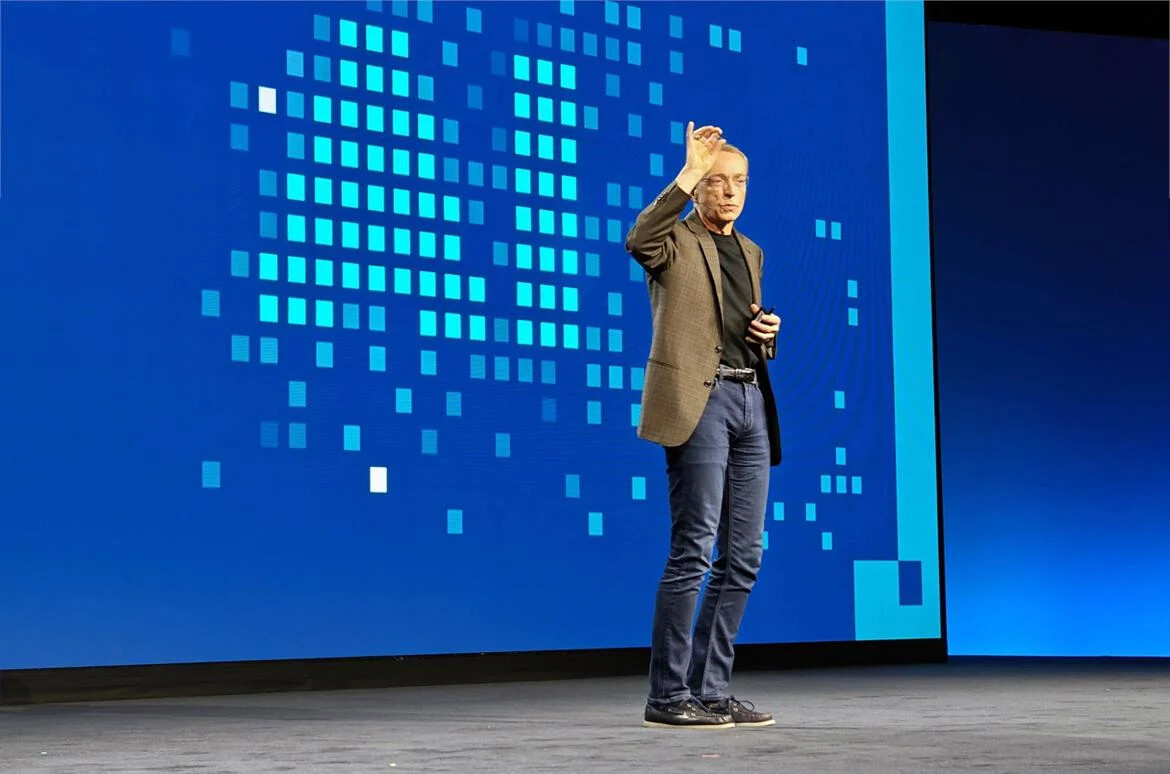- Joined
- Aug 19, 2017
- Messages
- 2,729 (1.01/day)
Google is developing an advanced AI system capable of autonomously operating web browsers and controlling computer functions, according to recent reports. Codenamed "Project Jarvis," this technology is expected to debut alongside Google's upcoming Gemini large language model this December. The AI-powered system aims to transform everyday online tasks by handling everything from complex research projects to routine shopping activities. Unlike traditional AI assistants that operate within confined parameters, Project Jarvis would have direct control over browser functions, enabling it to navigate websites, fill forms, and execute commands independently. The development follows a broader industry trend toward AI systems with expanded capabilities, with Anthropic recently demonstrating similar technology allowing AI models to execute tasks directly on users' computers.
For businesses, such advances could simplify operations by automating repetitive tasks and increasing productivity, while individual users might benefit from delegating time-consuming activities like price comparisons or travel bookings to an AI assistant. However, this level of system access raises significant security and privacy concerns. Granting AI systems direct control over personal computers creates new security challenges requiring robust safeguards. Unrestricted access to users' systems could create new vulnerabilities, potentially enabling sophisticated cyberattacks. This heightened risk necessitates extensive security testing and robust safeguards before the technology can be deployed with confidence.

View at TechPowerUp Main Site | Source
For businesses, such advances could simplify operations by automating repetitive tasks and increasing productivity, while individual users might benefit from delegating time-consuming activities like price comparisons or travel bookings to an AI assistant. However, this level of system access raises significant security and privacy concerns. Granting AI systems direct control over personal computers creates new security challenges requiring robust safeguards. Unrestricted access to users' systems could create new vulnerabilities, potentially enabling sophisticated cyberattacks. This heightened risk necessitates extensive security testing and robust safeguards before the technology can be deployed with confidence.

View at TechPowerUp Main Site | Source











